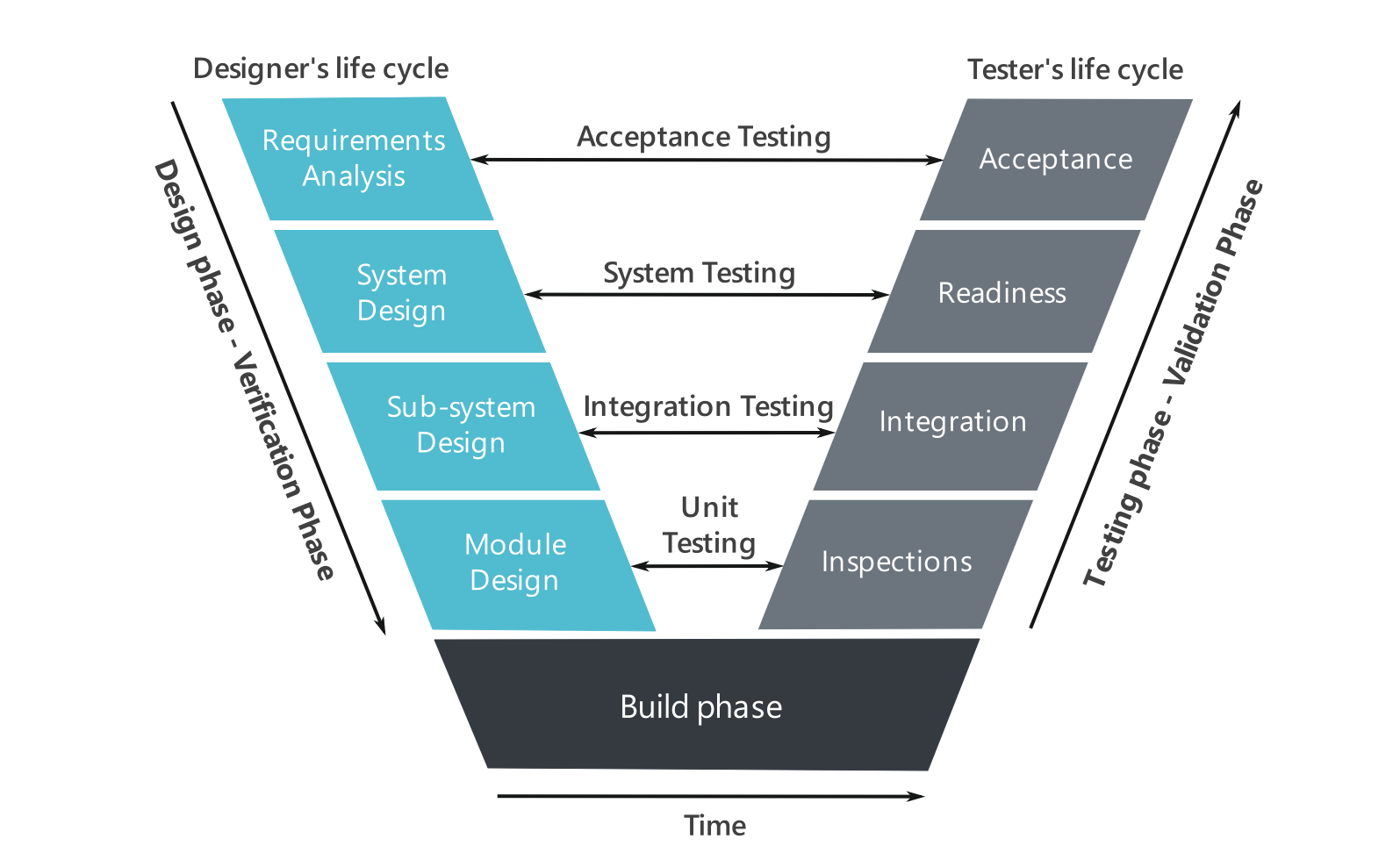Systems engineering plays a crucial role in the development of complex projects, ensuring that all components work together seamlessly to achieve the desired outcomes. However, there is a dark side to this discipline that often goes unnoticed – the tendency to overcomplicate things. In this article, we will shed light on the brutal truth about overcomplicated systems engineering and explore its impact on projects. Brace yourself for a revealing journey into the depths of complexity and discover how we can address this issue for a brighter future.
Table of Contents
The Perils of Complexity
Complexity is an inherent challenge in system engineering, especially when dealing with large-scale projects. As systems grow in size and intricacy, the need for context exponentially increases. This means that understanding the relationships, dependencies, and interactions between different elements becomes crucial. Unfortunately, many projects fail to recognize the magnitude of this challenge, leading to a cascade of problems.
The Illusion of Expertise
One of the common pitfalls in systems engineering is the assumption that being an expert in engineering and integration processes automatically qualifies one as an expert in all domain systems. This misguided belief can lead to disaster, particularly when it comes to defining the interoperability between systems that are not well understood. Without the necessary domain expertise, engineers may find themselves in uncharted territory, facing daunting challenges with limited knowledge.
The Neglected Interoperability
In the quest to build and integrate systems, the focus often shifts primarily towards developing individual components and software. However, the real challenge lies in ensuring seamless interoperability between these systems. This requires comprehensive ecosystem engineering and careful attention to interoperability requirements. Unfortunately, the imbalance between system requirements and ecosystem interoperability requirements can have severe consequences.
Unveiling the Numbers
To truly grasp the magnitude of the problem, let’s delve into the numbers. Imagine a system engineering program with an ecosystem specification comprising 11,000 requirements. If we consider twenty systems specifications, the number skyrockets to 33,000 requirements. This exponential growth continues as we delve into subsystem, component, and software specifications. The total number of requirements can easily surpass the one million mark, creating an overwhelming burden.
The Cost of Verification
The complexity of systems engineering extends beyond mere specifications. Verification, the process of ensuring that each requirement is met, becomes a herculean task. With one million requirements to verify, the cost can escalate to a staggering $1 billion. Furthermore, the time required for verification is extensive, with an estimated 10,000,000 hours or 5000 FTE-years. The resources and effort dedicated to verification alone are monumental, highlighting the urgent need for a more streamlined approach.
Lessons in Leadership
Overcoming the challenges of overcomplicated systems engineering requires effective leadership and a shift in mindset. First and foremost, programs must prioritize managing the full context of domain capability development and engineering process disciplines. It is crucial to constantly question whether the specified requirements truly align with the customer’s needs and add value to the engineering process.
Early Ecosystem Engineering
To tackle complexity head-on, a focused effort on early ecosystem engineering is paramount. By emphasizing ecosystem interoperability from the start, engineers can significantly reduce the overall complexity. While it remains a challenging endeavor, the benefits are immense, allowing for a more streamlined and efficient development process.
The Role of System Engineers
System engineers play a vital role in addressing the complexity of systems engineering. They must possess the necessary education, training, and experience in the specific systems they are describing. This expertise, combined with active involvement of the customer/user throughout the process, ensures that the context for end-to-end value is maintained.
A Final Contemplation
In hindsight, it is impossible not to wonder about the outcomes if more attention had been given to describing ecosystem interoperability from the early stages of the project. Could the program have achieved broader value and remained intact if the focus had been shifted towards a more holistic approach? The question lingers, highlighting the importance of recognizing the significance of ecosystem engineering in complex projects.
Conclusion
Unmasking the chaos surrounding overcomplicated systems engineering is crucial for the success of complex projects. By acknowledging the perils of complexity, understanding the pitfalls of expertise assumptions, and addressing the neglected interoperability, we can pave the way for a more efficient and streamlined systems engineering process. Effective leadership, a focus on early ecosystem engineering, and the involvement of knowledgeable system engineers are essential for unraveling the complexity and ensuring successful project outcomes.
The journey to simplify systems engineering will not be easy, but the rewards are worth the effort. By embracing a mindset that values simplicity, collaboration, and continuous improvement, we can overcome the challenges that arise from overcomplication. Let us strive for a future where systems engineering is a catalyst for innovation rather than a source of chaos. Together, we can unmask the brutal truth and forge a path towards a brighter, more efficient engineering landscape.







